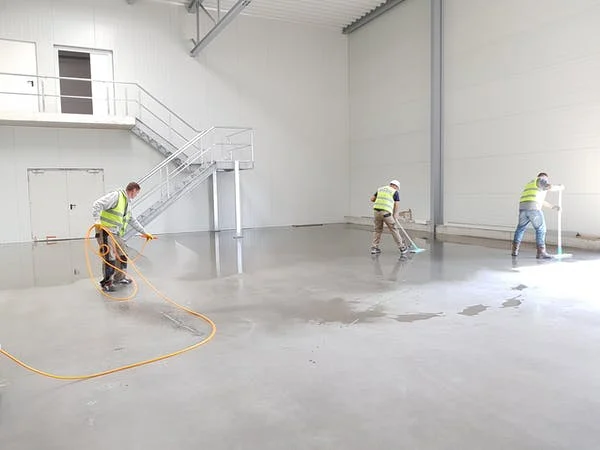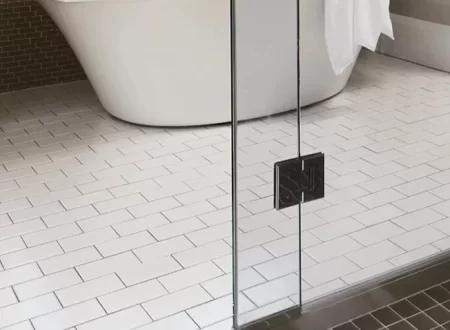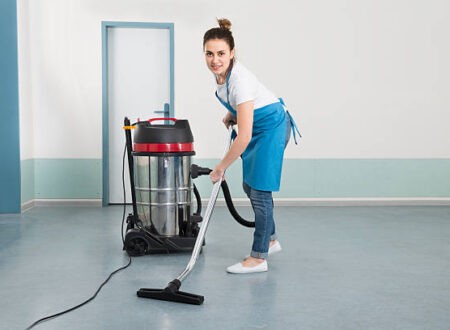Complete Guide to Concrete Coatings and Sealers:
In any case, what is a concrete coating? Any liquid finish—whether paint, polyurea, epoxy, or cement overlay—applied over concrete is considered it. You can coat any concrete floor, whether it’s at your house or place of business, to match your specific preferences.
For example, concrete walls and floors can be given a color and a smoother surface by applying an aesthetically pleasing and protective coating like paint, which also shields the material from abrasion, wear, corrosion, and harsh environmental conditions. An alternative kind of concrete floor
It appears that you are still undecided about coating your concrete. Its advantages will cause you to reconsider!
Complete Guide to Concrete Coatings and Sealers:
Understanding the surfaces
Of all surfaces in the home, exterior concrete is at the top of the list when it comes to the level of importance for sealing. These areas are at the mercy of not only constant foot traffic but the various elements as well. Concrete sealing is the most effective way to ensure stain repellency, dust reduction, abrasion and chemical resistance. If you want to maintain an as-new appearance for your concrete for as long as possible, concrete sealing is the answer.
Your concrete is a porous material that will absorb liquid, oil, salt, fertiliser, and other chemicals very easily. Left unprotected, these elements will cause your concrete to degrade quickly. Concrete looks great – until it doesn’t. Discolouration and damage of unsealed concrete can turn a beautiful surface into an unappealing one very quickly. The primary benefit of concrete sealing is how much easier it makes the surface to clean as well as protection.
Considering your concrete’s aesthetic post-sealing
A lot of people are worried that concrete sealing may affect the finished look, which is true and often depends on the type of sealer you apply. For example, a chemically reactive sealer is nearly invisible; however, a solvent-based acrylic resin sealer will enhance the colour of your concrete surface with a wet or high-gloss finish.
A similar but more subtle effect will be the result of water-based acrylic resin sealers but with a satin finish. You can also have a urethane coat applied over epoxy with an option of a range of finishes such as matte, gloss or opaque tints.
When to apply sealer
If you have just had fresh concrete installed, it is vital that you apply sealant straight away. This is often standard with most concrete application packages, but ensure you double-check that this will be the case.
For reapplication, you can test if your sealer is still performing its role but letting a small amount of water sit on the surface for around 15 minutes.

The type of sealer you apply will determine its longevity. Reactive chemical sealers should perform their function for at least 10 years. An epoxy or urethane system should last 5 to 10 years. Acrylic-resin sealers will offer 1 to 3 years of protection.
Choosing the right level of protection
The type of sealer you choose also determines the level and quality of protection for your concrete. Some repel water, others handle oil stains, and they will all degrade at different rates when exposed to various chemicals.
Our team of experts often recommend a high-performance epoxy or urethane sealer as the highest performing all-rounder. Most sealers will offer full traction, but some topical coatings may need an anti-skid additive. For the most part, your surface will not become any more slippery as a result of sealant.
Concrete Coatings and Sealers-Calculating the cost
Budget is always a significant factor when it comes to caring for the surfaces of your home. If you consider that concrete sealing is an investment, saving you from the high cost of replacing damaged concrete, you’ll approach your budget and costs more realistically.
Prices will vary based on the amount of concrete you need to seal, and the specific sealants you’ll require. The cost of the sealant application must also be accounted for as paying a professional to perform the task is vital. If sealed incorrectly, your concrete will not be properly protected, meaning the whole exercise was a waste of time and money. Our team always works to provide a competitive and cost-efficient offer for all projects.
Complete Guide to Concrete Coatings and SealersCorporate Clean LLC
The success of coating largely depends upon the carefulness in the surface preparation, selection and application of coating process . Some of the examples of coating process are epoxies, acrylics, polyurethanes, polyureas, vinyl esters, chlorinated rubbers, and elastomeric coatings. You can find the latest coating and sealing on Corporate Clean LLC.






